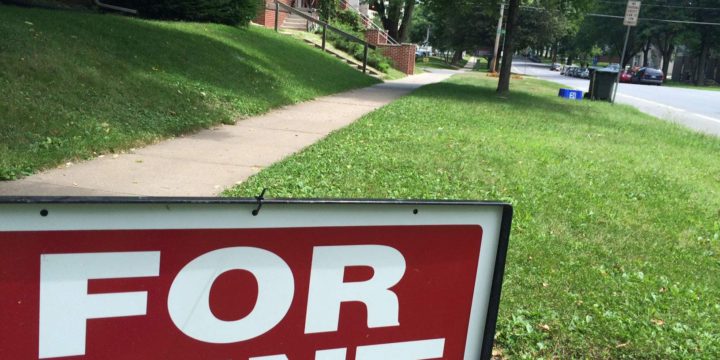
Still a lot of work to do
Throughout the community one question seems to dominate personal interaction: “How are you feeling?” I’ve been asked by people I see each day and those I only have occasional opportunity to speak with. Convenience store clerks, local members of the clergy, co-workers, neighbors, transit riders and drivers and community activists of all stripes are curious, some perhaps morbidly so, on my and their other neighbors’ state of mind. So, how are you feeling in these first post-election days? I am, of course, disappointed that the nation has not finally elected a woman to its highest office. I’m especially concerned by the years of misinformation and sexism that led to undeserved backlash against Hillary Clinton, and a campaign with an overall anti-women tone. More than shock at Donald Trump’s public disrespect…




